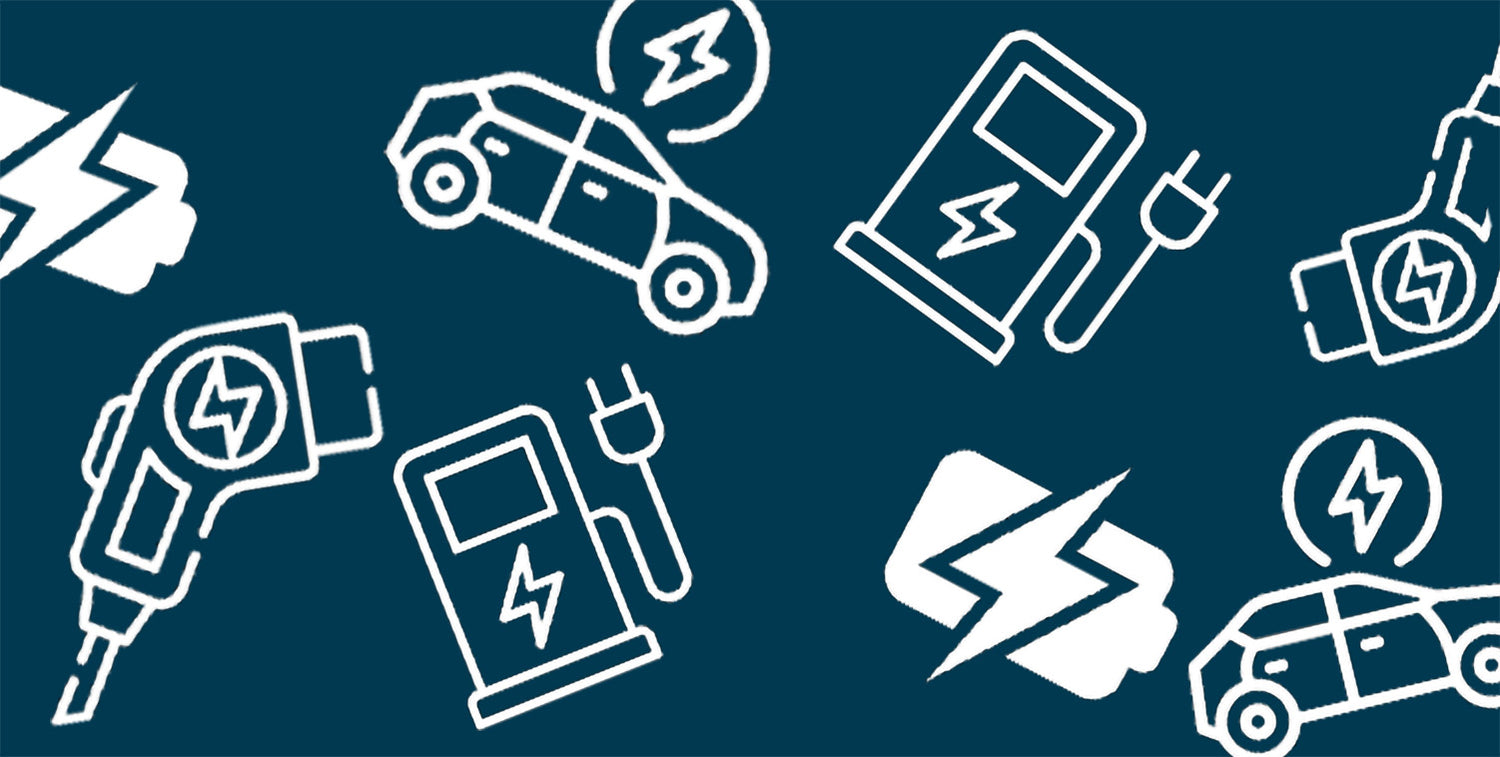We’re Here To Help With All EV Charging Requirements
Frequently Asked EV Charging Questions
What is an EV charger and how does it work?
An EV charger supplies electricity to recharge the battery of an electric vehicle. Chargers vary in speed from slow (3kW) to ultra-rapid (150kW+).
What are the differences between home, workplace, and public EV chargers?
Home EV chargers are typically 7kW wallboxes, workplace chargers support multiple users, and public charging stations provide rapid or ultra-rapid charging.
What is the difference between single-phase and three-phase EV chargers?
Single-phase chargers (7kW) are standard in most UK homes. Three-phase chargers (11-22kW) deliver faster charging but require compatible electrical supply.
Do EV chargers work with all electric cars?
Most EV chargers in the UK use the Type 2 connector, which is compatible with the majority of vehicles on the road today. Rapid chargers may use CCS or CHAdeMO connections.
Are there government grants for EV charger installation?
Yes, the OZEV (Office for Zero Emission Vehicles) grant supports charger installation for businesses, landlords, and some homeowners. Check in with us to find out more and if you may be eligible.
How do EV chargers support sustainability and decarbonisation?
EV charging infrastructure enables the switch from fossil fuel vehicles to electric transport, reducing carbon emissions and improving urban air quality. With many countries including the UK aiming to eventually phase out combustion engine vehicles that rely on fossil fuels, having robust and plentiful EV chargin facilities in place is a must and future-proofs your home or business.




